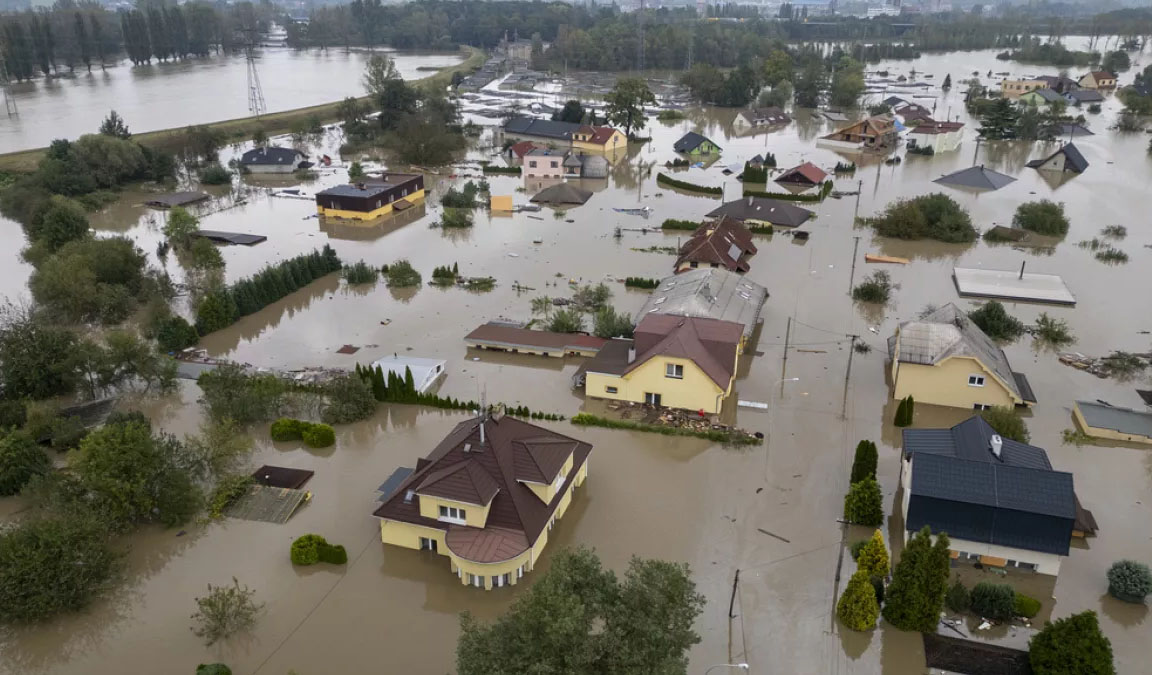
Photo Credit: Getty Images
The Czech Republic and Poland are facing massive financial challenges after severe floods swept through Central Europe, causing extensive damage. Just a week before the disaster, the Czech Republic was poised to bring its budget deficit under the 3% of GDP cap set by European Union (EU) rules. However, the floods, which are the worst in two decades, have upended those plans.
According to local officials, the damage to infrastructure in both countries could reach a combined $10 billion. Poland's finance minister has confirmed that while $5.6 billion in EU funds will aid recovery efforts, it will not cover all costs. For the Czech Republic, the financial toll could push its budget deficit from the planned 2.5% to near the EU's 3% limit due to an additional allocation of 30 billion crowns ($1.3 billion) for flood damages.
These unanticipated expenses come at a time when both nations are still grappling with the economic aftermath of COVID-19 and the inflation surge following Russia's invasion of Ukraine. Poland, Hungary, and Romania have also seen budget shortfalls soar, and election-driven promises of fiscal generosity have compounded these financial pressures.
The floods have underscored the economic vulnerability of the region, with public debt rising as countries struggle to repair damage while still managing debt servicing costs. Moody's Ratings predicts that the Polish budget deficit will exceed 5% of GDP by 2025. Additionally, weaker growth prospects, linked to Germany's economic struggles, could further strain state finances across the region.
In the long term, economic recovery will require careful fiscal planning, but the immediate focus remains on flood recovery and securing additional EU support to shore up public finances in both Poland and the Czech Republic.
















